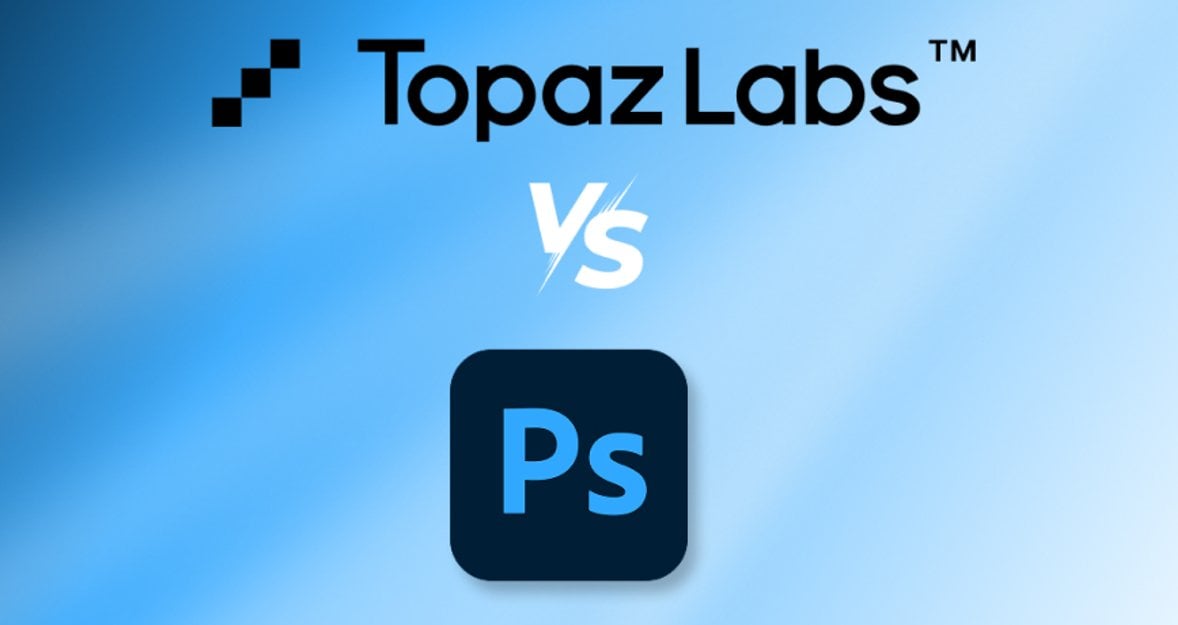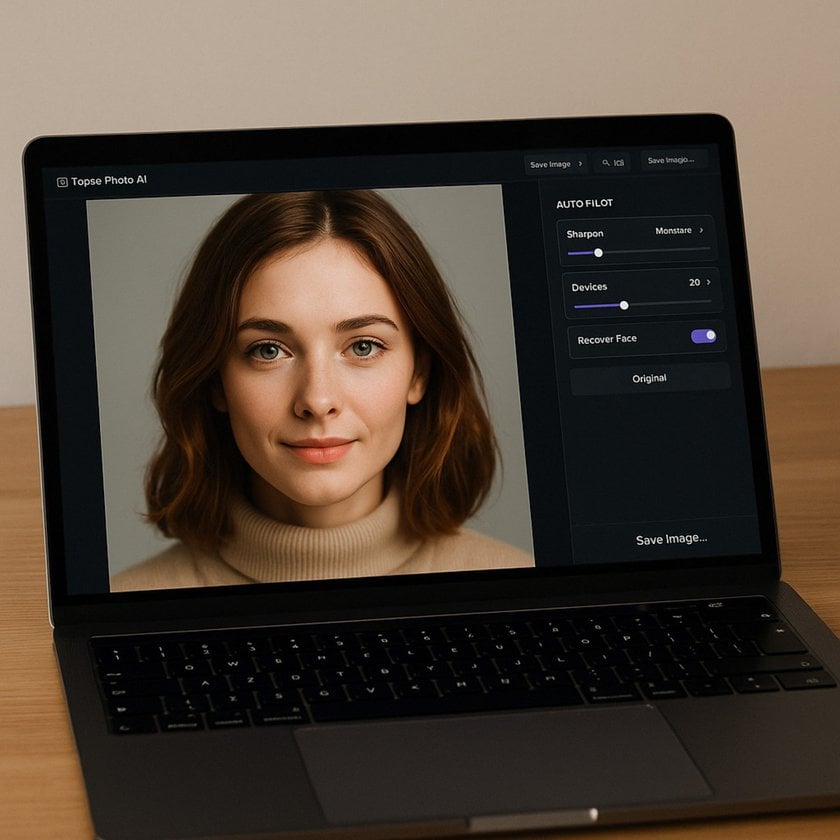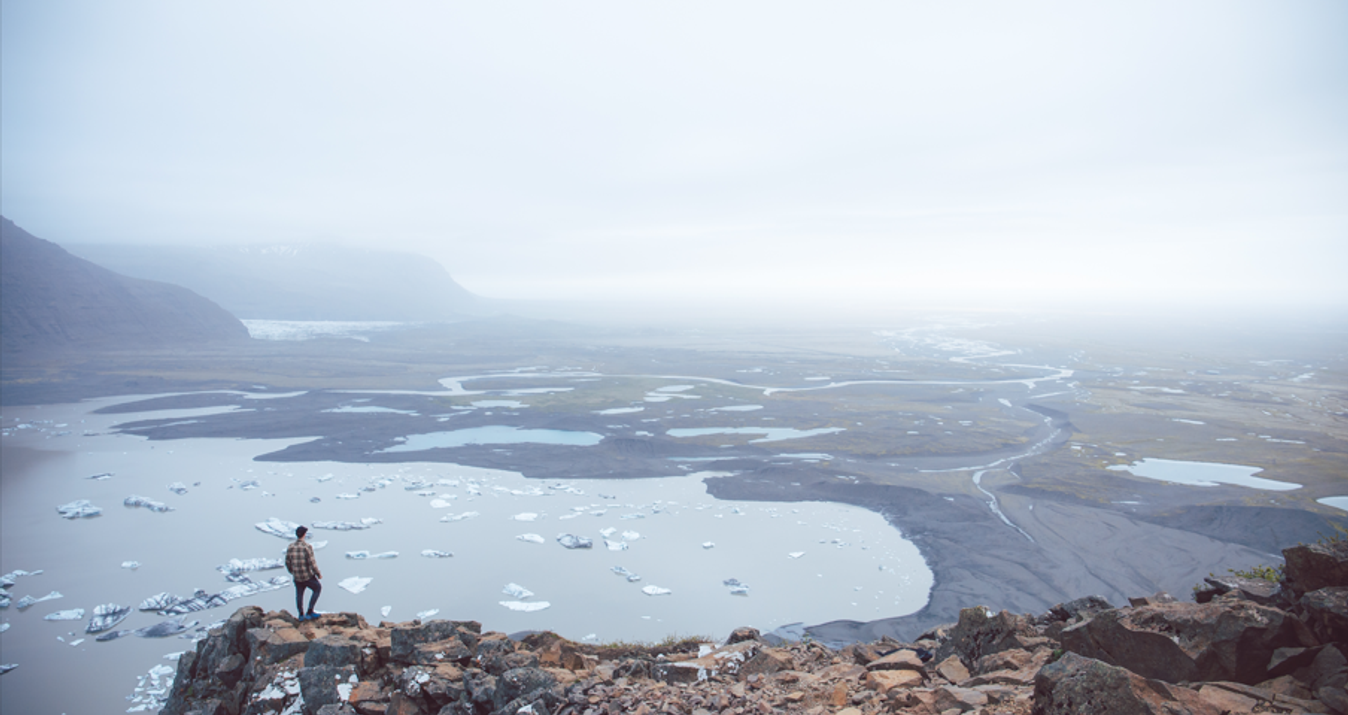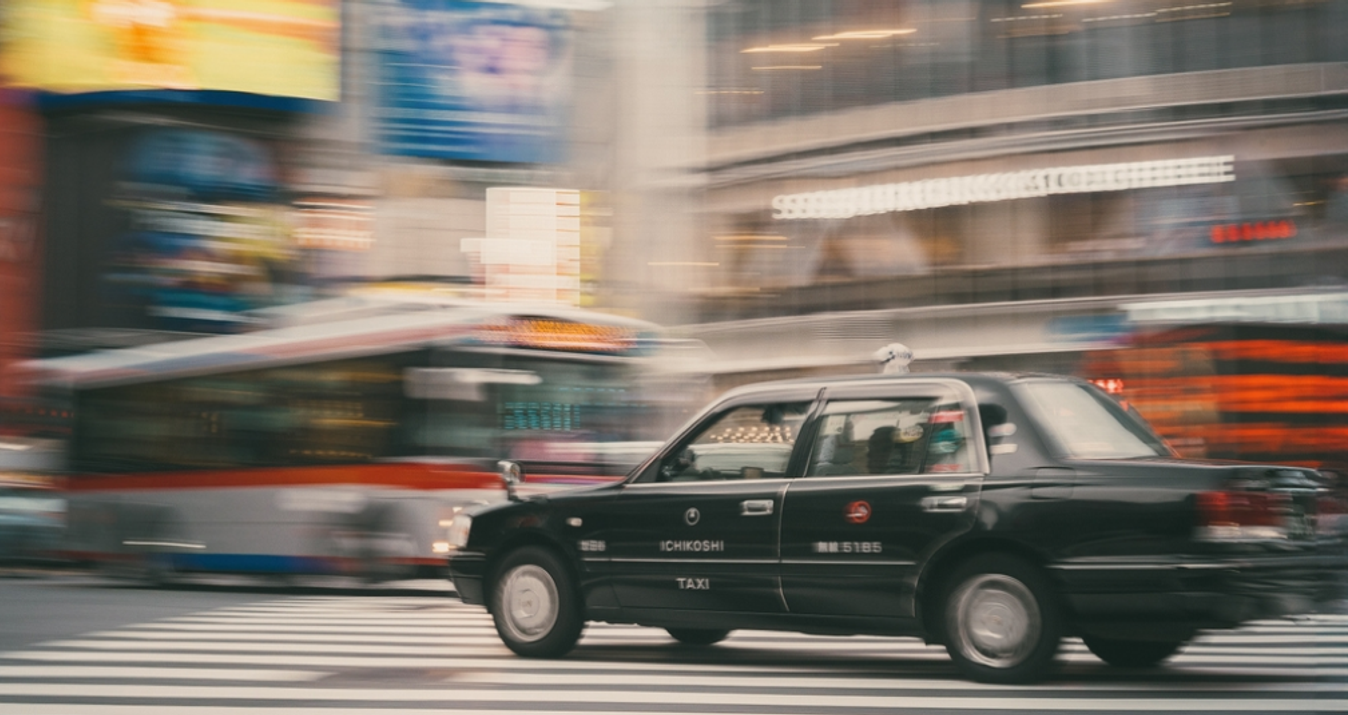Topaz Labs vs Photoshop: Picking The Perfect Tool
June 02, 2025

You’ve heard the debate: Topaz Labs vs Photoshop. It’s time we settle it.
If you’ve tried your hand at photo editing, you’ve probably heard of two heavyweights: Topaz Labs and Adobe Photoshop. Both offer powerful tools to enhance images, fix imperfections, and boost your creativity. But which one is the best fit for what you need?
In this article, we’ll explore the differences between Topaz Labs and Photoshop in a simple, clear way. Whether you’re a hobbyist, photographer, or content creator, we’ll help you decide which tool deserves a place in your workflow.
Understanding the Core Focus of Each Tool
 Before we discuss features, let’s consider what each tool is designed to do. Photoshop is a full-featured image editor. It allows you to retouch photos, create graphics, manipulate layers, and design from scratch. It’s a powerful, all-in-one tool.
Before we discuss features, let’s consider what each tool is designed to do. Photoshop is a full-featured image editor. It allows you to retouch photos, create graphics, manipulate layers, and design from scratch. It’s a powerful, all-in-one tool.
Topaz Labs does AI-powered photo enhancement, though. It is not a general editor—it’s a specialist editor. It offers software like Topaz Photo AI and Topaz Gigapixel AI, all of which are employed to improve image quality, with hardly any work done manually.
Ease of Use: AI Takes the Lead

Photoshop is known for its depth, but that also means there’s a learning curve. Beginners often find the interface overwhelming. There are hundreds of tools, menus, and settings to navigate.
Topaz Labs keeps things simple. The interface is clean, and most tasks involve just a few clicks. If your goal is to improve photo quality fast, it makes it easy with its AI-driven workflow.
Pros of Topaz Labs’ Interface
Easy to navigate
Intuitive settings
Focused on specific tasks like sharpening or noise reduction
Pros of Photoshop’s Interface
Highly customizable
Access to a wide range of tools
Integration with other Adobe software
If you’re just starting or don’t want to get lost in menus, Topaz might feel more welcoming.
Feature Comparison: Topaz AI vs Photoshop
 Let’s examine the features offered by both tools more closely. This will help you see where each excels.
Let’s examine the features offered by both tools more closely. This will help you see where each excels.
Topaz Labs’ Key Features | Topaz Labs’ Key Features |
Layer-based editing Advanced selection tools Retouching brushes and clone tools Text and shape manipulation Smart Objects and masks Integration with Adobe Creative Cloud | AI-powered sharpening Noise reduction Upscaling low-res images Face recovery and detail restoration Batch processing Minimal user input is required |
While Photoshop gives you full control, Topaz offers quick results thanks to artificial intelligence.
By the way, if you want to AI upscale image in one click, Luminar Neo handles it in seconds. Photoshop can do it, but it takes more manual adjustments and often lacks the same level of detail recovery.
Performance and Speed: AI Saves Time
 Time is a big factor when editing large batches of photos. Here’s how both tools perform in terms of speed. Photoshop can be fast, but only if you know exactly what you’re doing. Manual editing takes time, especially when dealing with noise, blur, or pixelation.
Time is a big factor when editing large batches of photos. Here’s how both tools perform in terms of speed. Photoshop can be fast, but only if you know exactly what you’re doing. Manual editing takes time, especially when dealing with noise, blur, or pixelation.
Topaz Labs tools use AI models that analyze your photo and apply smart fixes. The software can be a bit heavy on your computer, but it still saves time by reducing manual steps. For example, if you need to make a picture clearer without fiddling with sliders for 10 minutes, Luminar Neo delivers faster
Exclusive Tools of Endless Possibilities in One AI Editor
Explore Now!Pricing: What’s the Better Deal?
 Let’s talk money. Adobe Photoshop is available via a subscription plan or as part of the Creative Cloud bundle. Over a year, that adds up.
Let’s talk money. Adobe Photoshop is available via a subscription plan or as part of the Creative Cloud bundle. Over a year, that adds up.
Topaz Labs sells its tools as one-time purchases. You buy them once and own them forever. Some updates may require a renewal fee, but the base software is yours.
Here’s a quick price comparison:
Software | Pricing Model | Approximate Cost |
Photoshop | Subscription | $19.99/month |
Topaz Photo AI | One-time | $199 |
Topaz Gigapixel | One-time | $99 |
If you prefer subscriptions with ongoing updates and cloud storage, Photoshop works. But if you like one-time purchases and long-term savings, Topaz wins.
Use Cases: Who Should Use What?
Different users have different needs. Here’s a breakdown of which tool fits which kind of user.
Photoshop is ideal for…
Graphic designers
Content creators making web/social media graphics
Advanced photo manipulation
Layer-heavy edits or composite images
Topaz Labs is ideal for…
Photographers who want to fix images fast
People restoring old or low-quality images
Anyone who values ease and automation
Professionals working with hundreds of photos at once
If your main goal is to improve photo clarity or resolution, Luminar Neo does the heavy lifting. It’s especially useful when you need to unpixelate image without guesswork.
Image Quality: Topaz Sharpen AI vs Photoshop
Let’s address the elephant in the room: sharpening. How does Topaz Sharpen AI vs Photoshop compare? Photoshop’s sharpening tools, like “Unsharp Mask” or “Smart Sharpen,” give decent results. Yet, they require manual tweaking and can sometimes add artifacts if you push too hard.
Topaz AI uses deep learning to detect blur and fix it in a more intelligent way. It understands the difference between motion blur, soft focus, and missed focus. Many users say Topaz’s results feel more natural and detailed in side-by-side comparisons. It doesn’t just sharpen—it restores. That’s the real power of AI.
Limitations to Consider
Neither tool is perfect. Here’s what you should know:
Photoshop Limitations
Can feel overwhelming
Expensive in the long run
Steep learning curve for beginners
While Photoshop offers immense flexibility, it can be time-consuming and costly, especially for those just starting out or working on simpler projects.
Topaz Labs Limitations
Not an all-in-one editor
Requires a powerful PC or Mac
Fewer design and graphic options
So, if you need advanced graphic design features or love customizing every detail, Photoshop gives you room to explore. But if your focus is quality enhancement with minimal effort, Topaz shines.
Which Tool is Best for Batch Editing and Large Projects?
 When it comes to batch editing and handling large projects, Photoshop and Topaz Labs each have their strengths. Photoshop is perfect for complex projects, especially when you need to work with layers and make detailed adjustments across multiple images. However, it can be slow and requires more manual effort, making it less ideal for huge batches.
When it comes to batch editing and handling large projects, Photoshop and Topaz Labs each have their strengths. Photoshop is perfect for complex projects, especially when you need to work with layers and make detailed adjustments across multiple images. However, it can be slow and requires more manual effort, making it less ideal for huge batches.
Topaz Labs, on the other hand, excels at batch processing with its AI-powered tools. Whether you’re upscaling or reducing noise across several images, Topaz automates much of the work, speeding things up. For photographers who need to fix large numbers of photos quickly, Topaz Labs is the faster, more efficient option.
Your AI-Powered Photo Editor for MacOS and Windows
Discover Now!Final Verdict: Which Should You Choose?
Still unsure whether to go with Photoshop or Topaz Labs?
Here’s a quick cheat sheet to help you decide:
If you want to | Choose |
Create digital art from scratch | Photoshop |
Improve old or blurry photos fast | Topaz Labs |
Edit layers and design complex graphics | Photoshop |
Fix photo quality with AI | Topaz Labs |
Handle all photo tasks in one tool | Photoshop |
Use AI for face recovery and detail | Topaz Labs |
And if you’re still exploring, check out this Topaz Labs alternative that offers similar AI-powered tools with a unique twist.
Wrap-Up
When comparing Topaz AI vs Photoshop, the key is knowing what you need. Photoshop is the Swiss army knife—it can do almost anything, but takes time to master. Topaz Labs is like a precision scalpel—focused, smart, and extremely effective at what it does.
If you want a fast, AI-powered way to improve your photos without deep editing skills, Topaz Labs is your friend. If you want full control and endless creative options, Photoshop delivers.
The best part? You don’t have to choose just one. Many professionals use both—Photoshop for design and Topaz for enhancement. If you’re not ready to commit to Adobe’s pricing, explore the best free Photoshop alternatives to see what else is out there. No matter which tool you pick, what matters is creating beautiful, clear images that tell your story.





